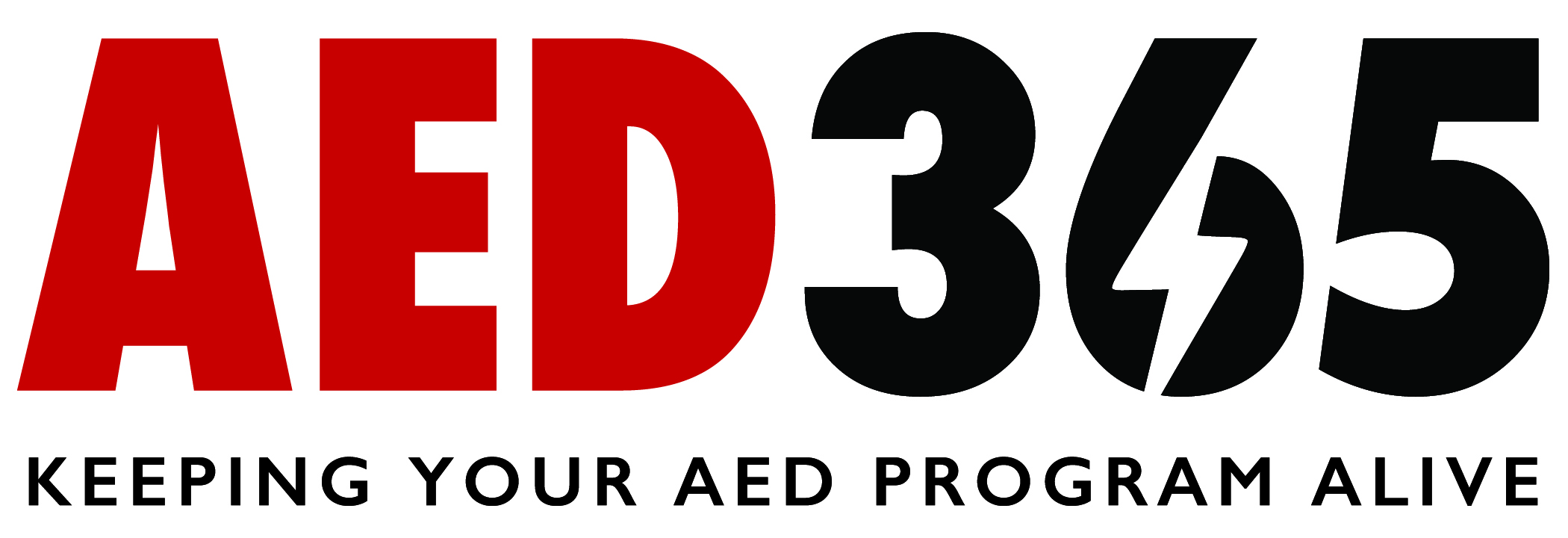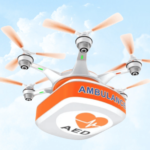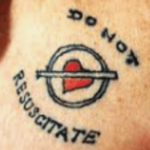
Author: Marcy Burnham, RN
Sudden cardiac arrest is a leading cause of death worldwide, with over 350,000 cases occurring outside of hospitals in the United States alone each year. Immediate intervention with CPR and an AED can double or even triple the chances of survival. However, many people are still unaware of how to perform CPR or use an AED effectively. AED and CPR Awareness Week aims to bridge this knowledge gap by promoting training and encouraging more people to become lifesavers.
What is CPR?
Cardiopulmonary Resuscitation (CPR) is a critical emergency procedure that combines chest compressions and rescue breaths to maintain blood flow and oxygenation in a person whose heart has stopped beating. CPR can keep vital organs alive until professional medical help arrives, making it a crucial first response to cardiac arrest.
What is an AED?
An Automated External Defibrillator (AED) is a portable electronic device designed to diagnose and treat sudden cardiac arrest. It delivers an electric shock, or defibrillation, to the heart to restore a normal rhythm. AEDs are user-friendly and provide step-by-step instructions, making them accessible to the general public.
How to Get Involved in AED and CPR Awareness Week
1. Attend a Training Session
Many organizations, including the American Heart Association and the Red Cross, offer CPR and AED training courses throughout the week. Check for local sessions in your area and encourage friends and family to join.
2. Promote Awareness on Social Media
Use your social media platforms to share information about AED and CPR Awareness Week. Post facts, statistics, and personal stories to inspire others to get trained.
3. Host a Community Event
Organize a community event or workshop to demonstrate CPR and AED use. Partner with local health organizations, schools, or workplaces to maximize reach and impact.
4. Advocate for AED Accessibility
Advocate for the placement of AEDs in public spaces and workplaces. Contact local businesses and government officials to discuss the importance of having easily accessible AEDs.
5. Share Personal Stories
If you or someone you know has been impacted by CPR or AED use, share your story. Personal experiences can be powerful motivators for others to learn these lifesaving skills.
AED and CPR Awareness Week is a vital opportunity to spread knowledge, inspire action, and ultimately save lives. By participating in this awareness week, you can help ensure that more people are prepared to respond effectively in a cardiac emergency. Remember, every second counts, and with the right training and tools, anyone can become a lifesaver. Join us in making a difference this week and beyond!
Office: (205) 417-4711
Email: info@aed365.com






